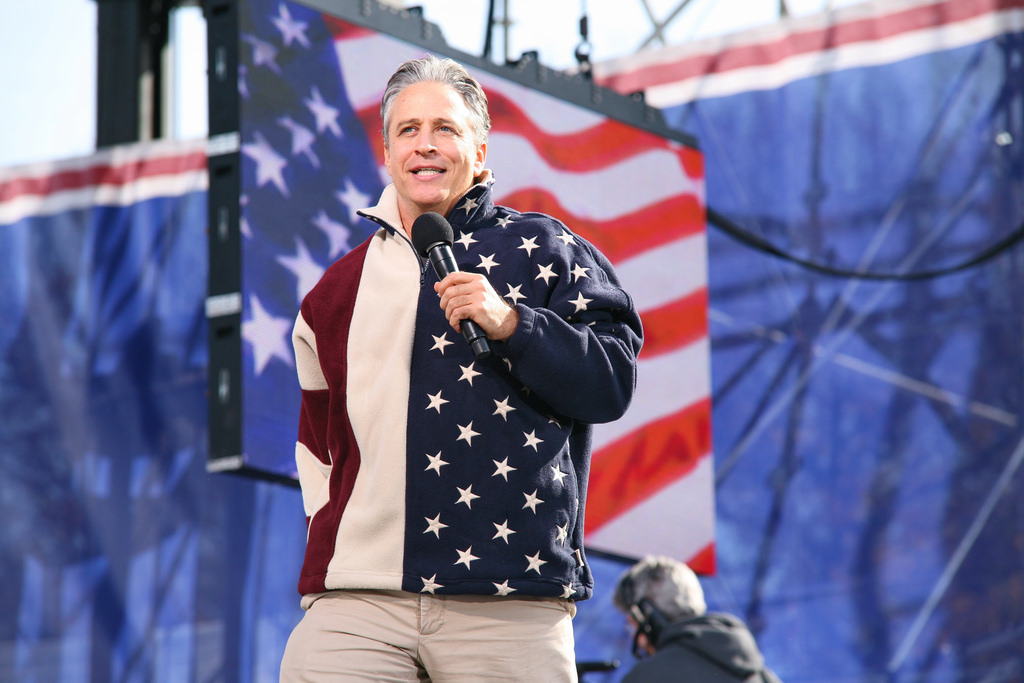A hopeful sign or a sign that we’re already lost? According to a study published last month in the academic journal Science Communication, scientists are now turning to “nontraditional forms of communication” to try to convince people of the veracity and urgency of climate change.
The hopeful part is, it seems to work!
In science-journal speak, the researchers found that “exposure to one-sided messages that use irony to deride those who believe that climate change is a hoax (presented in The Onion) raises belief certainty in and perceived risk of climate change for those who do not already believe climate change is an important issue.”
In other words, positioning deniers as the butt of a clever joke seems to nudge folks who don’t already have strong opinions about climate change into the “believers” camp.
This study was looking specifically at social media, but similar work has been done in regard to late-night comedy shows like The Daily Show and Last Week Tonight With John Oliver. Those studies found that satirical climate change content encouraged viewer engagement with the issue, but only bolstered belief in global warming among people with a low interest in the issue, not among people who strongly believed that climate change was fake or the result of natural causes.
The authors note that image-based social media platforms, such as Pinterest, Snapchat, and Instagram, are particularly important for reaching younger audiences, for whom videos, photos, memes, and emojis have become the new form of communication. They also write that more research needs to be done to “study the effects of sarcasm and humor on the topic of climate change using a stronger frame such as public health effects from extreme weather events that are increasing in frequency due to climate change.”
One word of caution: the researchers also found that in some cases, science deniers took ironic messages about global warming at face value, thus reinforcing their position, so you’ll have to make sure to get that sarcastic tone juuuust right.


Comments are closed.